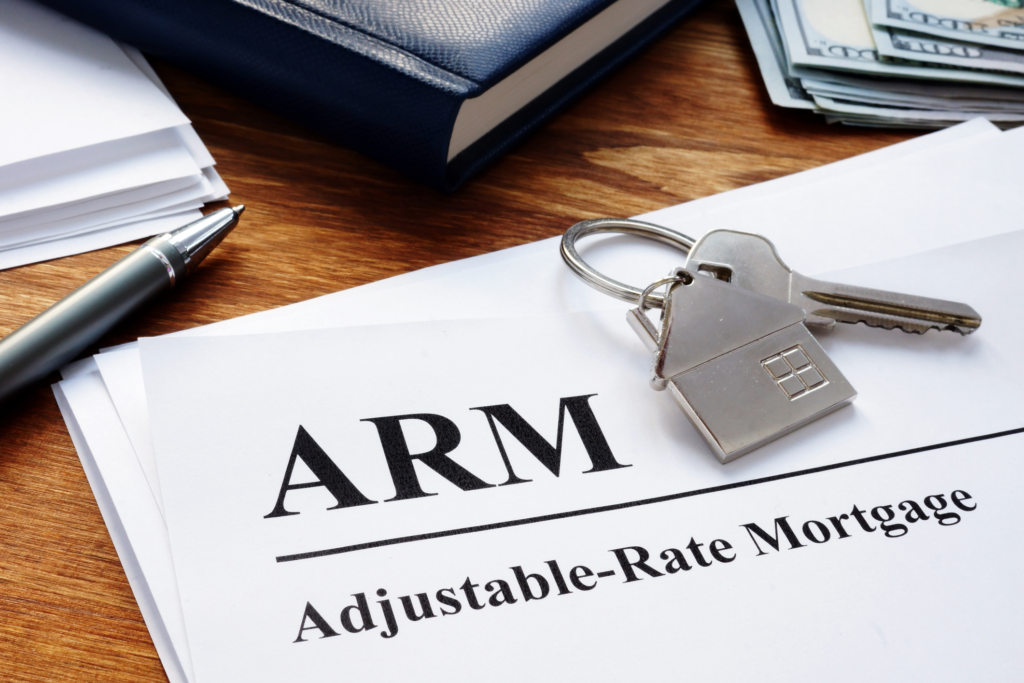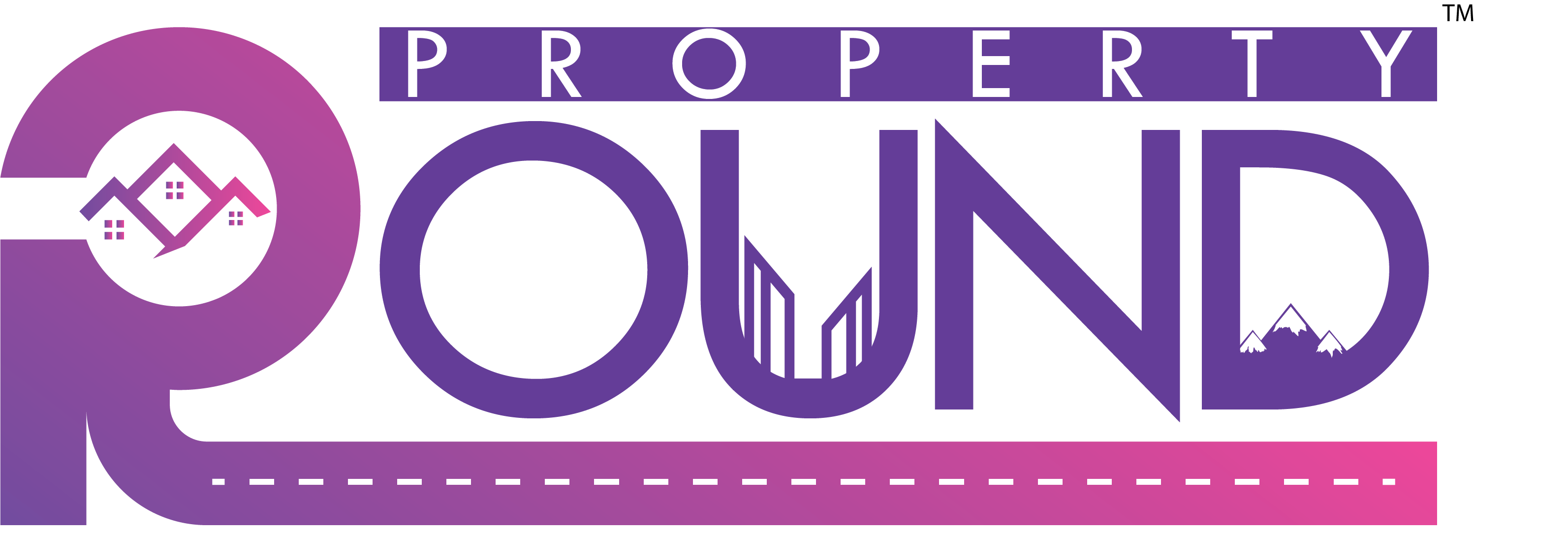Real estate in India has seen an exponential transition over the years in terms of terminology.
The real estate industry is becoming more specialized so a whole lot of local terms are being substituted by standard vocabulary.
It is important for a homebuyer to keep himself updated with these conditions.
Here’s a terminology of real estate is most common and frequently used words in real estate particularly for homebuyers.
- Acceptance:
This is used when the homebuyer agrees to the terms of a proposal so that the contract can be created.
As soon as the seller signs your purchase offer, you are in contract for home sale, nor can any of you come back without facing the consequences, possibly losing your earnest money deposit and in the case of the seller, a potential lawsuit.
- Annual percentage rate (APR):

APR is an annual interest rate that includes the upfront fee and cost paid for obtaining a home loan.
In general, an annual percentage rate (APR) is the interest rate you pay each year on a home loan, credit card, or other line of credit.
This is represented as a % of the total balance you have paid.
Mortgage lenders are required to disclose APR so that borrowers can make a more accurate comparison of the actual cost of different loans with different charges.
- Appraisal:
It means to determine the value of jewellery, stock or, in this case, the house you are planning to buy.
A professional appraiser is one who should be a qualified, sentimental expert in real estate valuation with expertise in the local geographic areas who compares it to the recent sale of similar property by examining the property, looking at the initial purchase price, and comparing it to a similar property.
- Adjustable rate mortgage (ARM):

There are two types of traditional loans: fixed rate and adjustable rate mortgage.
In an adjustable rate mortgage, interest rates can change over the course of loans over intervals of five, seven, or 10 years.
For home owners who have been planning to stay in their home for more than a few years, this is a risky loan as rates can rise suddenly depending on market conditions.
To avoid frequent and drastic fluctuations, ARM usually imposes limits on how often and how many interest rates can vary.
- Appreciation:
It is a rise in the value of a property or piece of property due to external economic factors occurring over time, rather than being improved or added by the home owner.
For example, increased market demand or rise can appreciate property.
This term is commonly used in terms of real estate.
- Assumable mortgage:

A home mortgage that allows the buyers to take over the seller’s mortgage.
It means to step into the seller’s shoes, make mortgage payments and comply with other terms of existing mortgage loan.
These are rare, and most lenders require the borrower to demonstrate that he or she qualifies for the mortgage to assume it.
- Built-up Area:
The built-up area refers to the entire floor area of the apartment,
It includes the carpet area, the thickness of the interior and exterior wall and the balcony area.
This is the actual area that will be used by the homebuyer.
- Freehold Property:
A freehold property is one that gives full ownership to the homeowner.
In other words, it is free from the grip of any being other than the owner.
The owner of such properties enjoys free ownership and can use the land for any purpose but in accordance with local laws.
The owner is free to give authorization of the property to anyone without any prior approval from anyone else.
- Leasehold property:

Leased property means all leasehold estates and other rights to use or occupy any land, buildings, structures, improvements, fixtures or other interest in the original property held by the Company or any of its affiliates.
If you buy a leasehold property, you get the right to stay in it for a specified period.
In this case the property buyer is neither the owner of the property nor the owner of the land built on the house.
In fact, you have to pay the land rent to the leaseholder or owner.
Once the period specified in the lease is over, the ownership returns to the owner of the land.
- Real Estate Agent:

A real estate agent is a professional who works as an intermediary between a seller and a buyer.
A real estate agent charges for their service, known as brokerage.
In most states, a real estate broker is one step up from a real estate agent, with the power to train more agents and monitor them.
However, in some states, the term “broker” is also used for all agents.
- CIBIL:

Credit Information Bureau (India) Limited (CIBIL) is India’s very 1st company to provide credit information.
It was founded in the year 2000.
This company collects and holds records of an individual’s loan and credit card payments.
CIBIL collects these records from partner banks and credit institutions and has created credit information reports and credit scores.
- Escrow:
Organizing funds or documents by neutral third parties before closing the sale of the house.
- Escrow agent:

A person typically lawyers or a company that typically handles escrow arrangements for payment fees which are part of closing costs.
Also called as title agents.
- Escrow instructions:
Written instructions which are signed by a buyer and seller used to tell an escrow agent what needs to happen before the deal is closed.
- Fixed rate mortgage:

A mortgage loan that has an interest rate that remains stable throughout the life of the loan, usually 15 or 30 years.
- Hazard insurance:

A type of insurance found in the policies of homeowners, which protects the property from physical damage due to unexpected and sudden incidents such as fires, storms and vandalism.
Your mortgage lender will no doubt need you to buy risk insurance, in order to protect your bail from price reduction.
- Homeowners’ association:

An organization composed of neighbour’s belonging to the management of general areas of subdivision or condominium complex.
These associations collect monthly dues and take on issues such as garden, pool, and fence maintenance, noise reduction, snow removal, parking area maintenance, repairs and arrears.
The Homeowners Association is responsible for applying any contracts, conditions and restrictions applicable to the property.
- Vastu Shastra:

It is an ancient Indian science of architecture and buildings that helps create a favourable setting or a place to live or work.
Vastu Shastra combines science, astrology, astronomy and art.
The essential basis of Vastu is that there is always a flow of invisible practical energy.
It is a scientific way to take advantage of the benefits given by nature, its elements are for increased health, wealth, prosperity and happiness.
- House closing:
The final transfer of ownership of a home from seller to buyer, both of which happens after fulfilling all the terms of their contract and the deed is entered.
- Real Estate Investment Trust:

REIT is a company that owns and often generates income-driven real estate.
They invest either through properties or mortgages.
REIT is similar to mutual funds, but instead of owning stocks, REITs have commercial or residential properties or mortgages.
- Rateable Value:

Rateable value is the figure amount on which property tax is charged in India.
The rate value of a property is an annual rent assessment, the property would be rented out if it was available to go on the open market on a fixed valuation date.
It is evaluated by the Valuation Office Agency, which is the agency of HM Revenue and Customs.
This figure is decided by the tax authorities and the tax is charged from the property owners as per the pre-determined tax slab rates.
- Fixed-O-Floaty Interest Rate:

This refers to the interest rate charged on a home loan, which is fixed for a certain period after which it is converted into a floating interest rate.
- RERA:

Full form of RERA is Real Estate Regulation and Development Act.
RERA is an act of The Parliament of India that seeks to help protect home buyers as well as boost investment in the real estate industry.
The RERA bill was passed by the Rajya Sabha on 10th March 2016 and the Lok Sabha on 15th March 2016.
It came to force in May, 2016.
Benefits of RERA
- Security
- Transparency
- Fairness
- Quality
- Authorisation
- Carpet Area:
According to RERA, the carpet area is defined as ‘pure usable floor area of an apartment’
IN OTHER WORDS, the area covered by the outer walls, the area under the services shaft, the balcony or veranda area and the open roof area, and also includes the area covered by the interior partition walls of the apartment.
- Recurring closing costs:

Those costs of closing home purchases that represent a range of payments that will recur over time- such as homeowners’ insurance and property tax.
- Title:
Ownership of real estate or personal property.
With real estate, the title is evidenced by a deed (or other document) recorded in the County Land Records Office.
These were some of the basic terms used in real estate.
Keep in mind these terms while buying a house.




